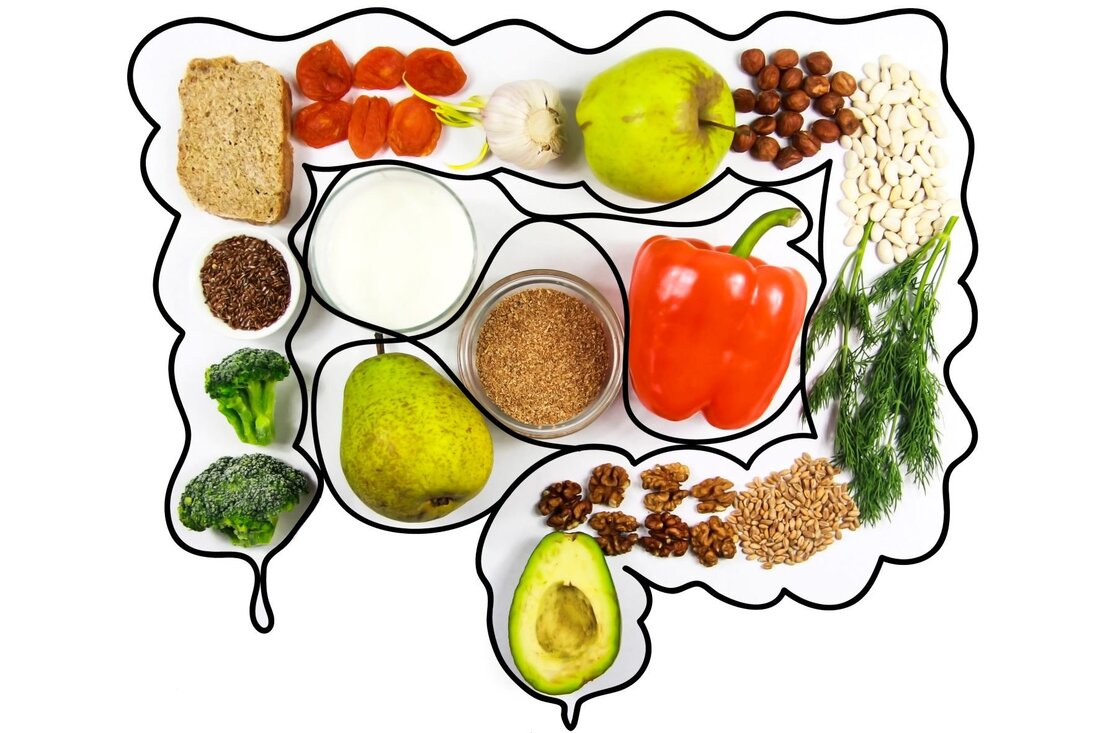
We have all heard it: “You are what you eat!”, and the ongoing research is backing up what our predecessors have always known, and confirming this adage in surprising ways.
Though it may not be all that surprising anymore, as the wealth of mainstream nutritional information we have access to today, compared with 20 years ago when I started my practice, is vast. In 2005 when I first set up my practice as a Naturopathic Doctor, I was only the 3rd in the city, the 13th in the province.
Most of my patients would look at me cross-eyed when I suggested a “probiotic” supplement, and their mouths would drop open if I went on to mention the importance of increasing fermented foods in the diet. At the time, most people knew of “sauerkraut” and that was about it, and its reputation was tarnished, as children many of us of eastern European ancestry would have been force-fed this sour/ bitter & very smelly food by our well-meaning grandmother.
Today, we have ready access to all types of fermented foods and beverages, from the aforementioned “Kraut” – not readily available in delicious flavours from turmeric-pineapple, to dill pickle! And probiotics are commonly listed on someone’s daily supplement regime, right beside Vitamins C and D.
That being said, there may be some of you reading this that aren’t aware of what a probiotic is, and since gut-brain health is the subject of this article, I had best explain!
A probiotic is a supplement or food that is high in beneficial bacteria. Our gastrointestinal systems (GITs), right from our mouth to our anus, are lined with specialized bacteria, almost 6 pounds worth in our entire system!, that help us to digest food, they make vitamins for us (like Vitamin K and many of the B vitamins), they help boost our gut-related immune system, and thus help us fight infection, they metabolize fibre and create short chain fatty acids that are great for energy, maintaining a healthy weight, and keeping the lining of the gut healthy. They also synthesize certain neurotransmitters – those chemicals that are also made in the brain – that are responsible for our mood, motivation, memory and sense of calm.
READ MORE
Though it may not be all that surprising anymore, as the wealth of mainstream nutritional information we have access to today, compared with 20 years ago when I started my practice, is vast. In 2005 when I first set up my practice as a Naturopathic Doctor, I was only the 3rd in the city, the 13th in the province.
Most of my patients would look at me cross-eyed when I suggested a “probiotic” supplement, and their mouths would drop open if I went on to mention the importance of increasing fermented foods in the diet. At the time, most people knew of “sauerkraut” and that was about it, and its reputation was tarnished, as children many of us of eastern European ancestry would have been force-fed this sour/ bitter & very smelly food by our well-meaning grandmother.
Today, we have ready access to all types of fermented foods and beverages, from the aforementioned “Kraut” – not readily available in delicious flavours from turmeric-pineapple, to dill pickle! And probiotics are commonly listed on someone’s daily supplement regime, right beside Vitamins C and D.
That being said, there may be some of you reading this that aren’t aware of what a probiotic is, and since gut-brain health is the subject of this article, I had best explain!
A probiotic is a supplement or food that is high in beneficial bacteria. Our gastrointestinal systems (GITs), right from our mouth to our anus, are lined with specialized bacteria, almost 6 pounds worth in our entire system!, that help us to digest food, they make vitamins for us (like Vitamin K and many of the B vitamins), they help boost our gut-related immune system, and thus help us fight infection, they metabolize fibre and create short chain fatty acids that are great for energy, maintaining a healthy weight, and keeping the lining of the gut healthy. They also synthesize certain neurotransmitters – those chemicals that are also made in the brain – that are responsible for our mood, motivation, memory and sense of calm.
READ MORE

 RSS Feed
RSS Feed